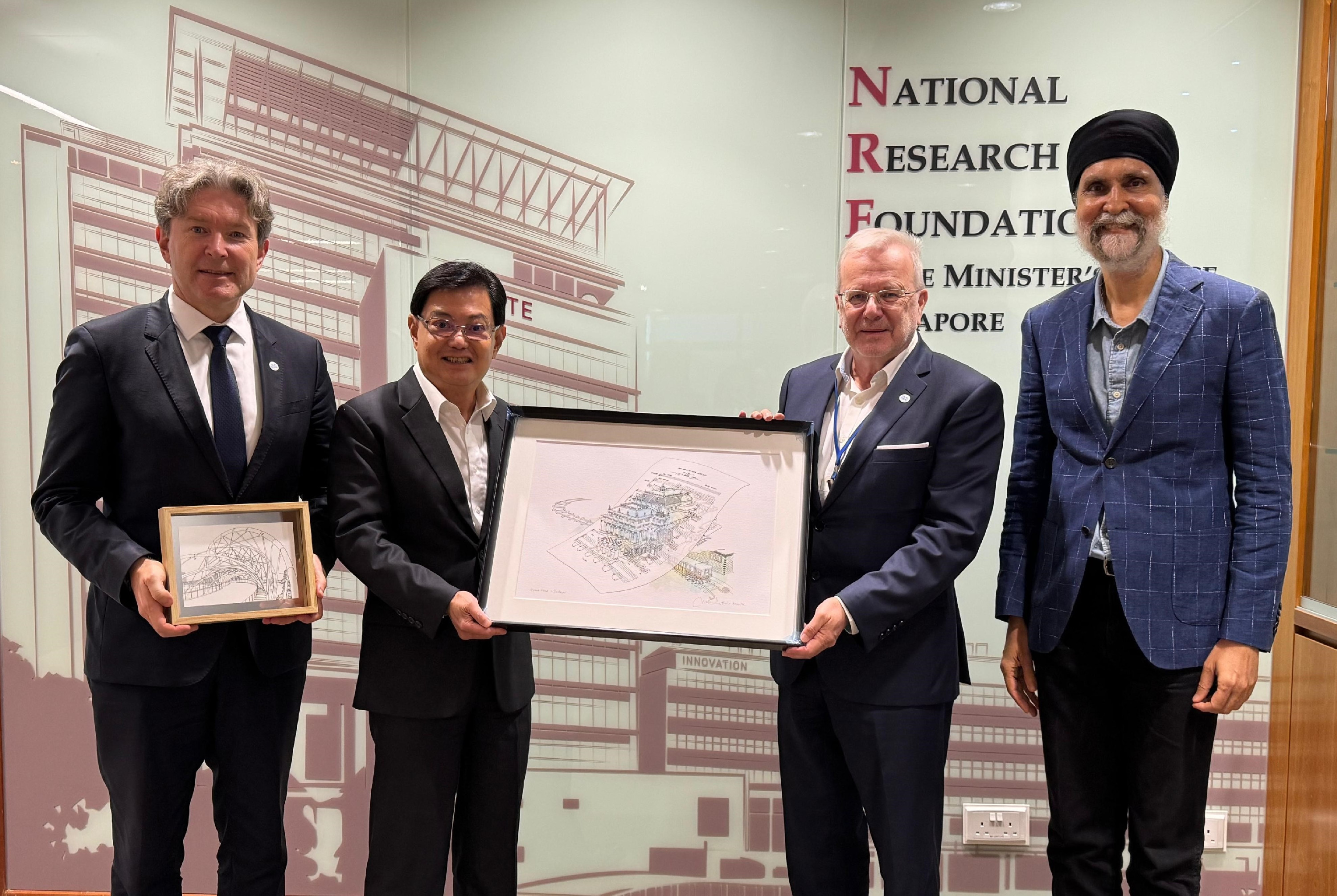Heads of Research Institutions Discuss Tasks and Competences in HUN-REN’s New Organisational and Operational Regulations
At the first meeting of the heads of research institutions in March, participants were briefed on the details of the legal proceedings related to the transfer of properties of the of the Hungarian Academy of Sciences and on HUN-REN HQ’ involvement in the lawsuit as a party with legal interest, supporting the Academy in achieving a legally sound and constructive outcome.
In light of the position of the Educational Authority, the activity scopes in the current draft founding documents of the research institutions had to be amended to remove references to higher and secondary education activities.
Institution heads reported on recent efforts – carried out over the past two weeks - to improve internal communication within their respective institutions.
As part of the agenda on the Organisational and Operational Regulations, participants discussed the scope of decision-making authority within HUN-REN institutions, as well as the roles and responsibilities of key stakeholders in these processes.
Other important topics were also addressed, including the provision of templates and support services for cooperation agreements and contracts related to research activities.
In relation to application thresholds, it was clarified that "everyone can apply for whatever they want," however, the approval of the President of HUN-REN will be required for proposals exceeding a defined value limit.
In the new organisational framework, the head of each research institution will remain responsible for preparing their institution’s annual report and its content. These reports—along with matters related to establishment, organisational structure, and strategic direction—will be subject to the approval of the Governing Board. HUN-REN's management also emphasised that while certain competences of the Governing Board may be delegated under applicable law, certain specific matters will be governed by the separate internal regulations rather than the Governing Board’s Rules of Procedure.
Each research institution is expected to establish its own internal system for performance assessment and evaluation, in line with the overarching performance evaluation framework. These institutional-level systems will be elaborated based on proposals submitted by the heads of research institutions.
Regarding financial and asset management, it was reaffirmed that the President of HUN-REN bears overall responsibility for the entire research network, while the head of each research institution remains accountable for their respective institution. Detailed rules will be outlined in the forthcoming Asset Management Regulations.
The heads of the research institutions also reviewed the Ministry of Culture and Innovation's proposal regarding the key indicators forming the basis of the future Public Task Financing Agreement. The indicators include scientific impact, innovation (economic) impact, social impact, internationalisation, researcher career progression, and the development of HUN-REN’s researchers, for which feedback from the research institutions is currently being collected.
In addition, participants received an overview of the HUN-REN AI 4 Impact programme: AI 4 Science, which directly supports scientific activities, AI 4 Efficiency, which facilitates administrative processes, AI 4 Innovation, which aims to integrate AI into innovation processes, and AI First Science, which rethinks the fundamentals of scientific workflows.
The next meeting is scheduled for 14 March. The President and the CEO of HUN-REN will continue to provide regular updates on the joint implementation of HUN-REN's renewal. HUN-REN’s leadership has also called on institutional heads to maintain continuous communication to ensure the timely and efficient flow of information.

